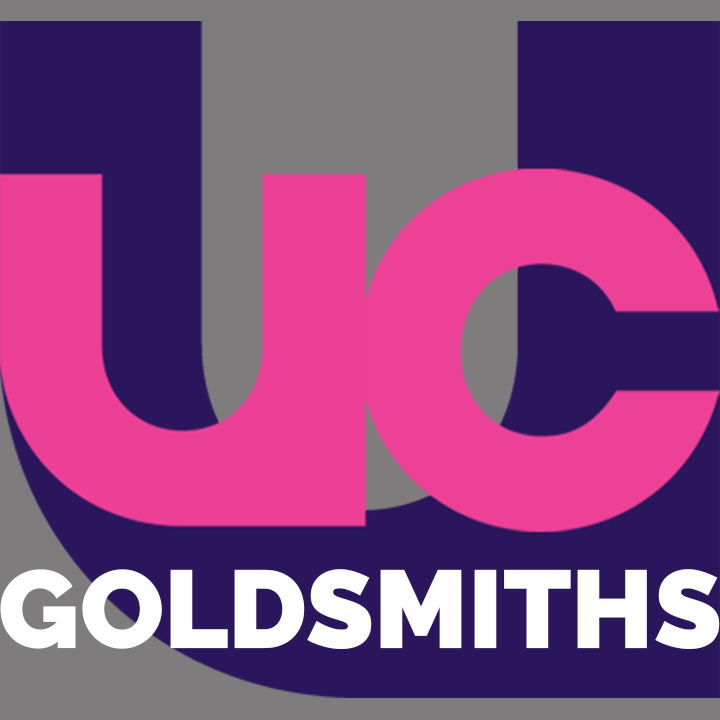The following two motions are being proposed by branch members for this years UCU Congress taking place in May. One on prevent which is proposed for Congress, and one on online degrees proposed for HE Sector. Since the deadline for motions is 15 March we are asking members to case their vote online – in accordance with our constitution and as agreed by GUCU exec. In order for any motion to pass there will need to be 45 votes cast, so please take part. Please email gucu-admin@gold.ac.uk if you haven’t received the voting link yet.
Please note only the GUCU administrator will see how you have voted on the motions.
You will need to cast your vote by Thurs 14 March, 12noon, for it to be counted.
Motion One: Opposing Prevent
Conference notes/believes:
– Prevent deals in the realm of “extreme” ideas and ‘pre-crime’, not crimes or violence.
– Safeguarding is an established process that well precedes Prevent – Prevent distorts safeguarding by turning as welfare process into one of national security.
– The recent moves to capture the far-right under the purview of Prevent only helps to legitimise Prevent and gloss over the deep issues Prevent has on universities, and mask the impact on Muslim and racialised communities it has historically targeted.
– In this context, the proposed review of Prevent is in danger of further institutionalising authoritarian and racist practices, in universities and in British society more widely.
Conference resolves:
1) To form a working group mobilising for the repeal of Prevent in the context of its proposed review and beyond.
2) To develop training workshops for branches on resisting Prevent
Proposed Emma Jackson, Seconded Gholam Khiabany
MOTION TWO: ONLINE DEGREES
Conference notes that the increasing deployment of online degrees and Massive Open Online Courses (MOOCs) threaten to undermine existing terms and conditions
Conference calls on HEC to extend relevant provisions of HE25 and HE34 (passed at Congress 2018) addressing lecture capture to cover online offerings and to ensure that:
- participation in online programmes is voluntary
- programme development does not entail excessive workloads
- academics oversee final quality control, to prevent reputational damage to themselves or their institutions
- academics have no contractual obligations to third party providers, only to their employing HEI via negotiated contracts.
- academics retain moral and performance rights to their content
- academics have a say in how their content is used and should receive a fair share of revenue from commercial exploitation of their content
- films and other recordings are not used during industrial action in lieu of classes.
Proposed Rodger Kibble, Seconded Des Freedman
